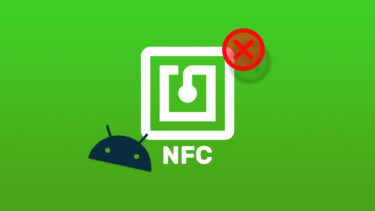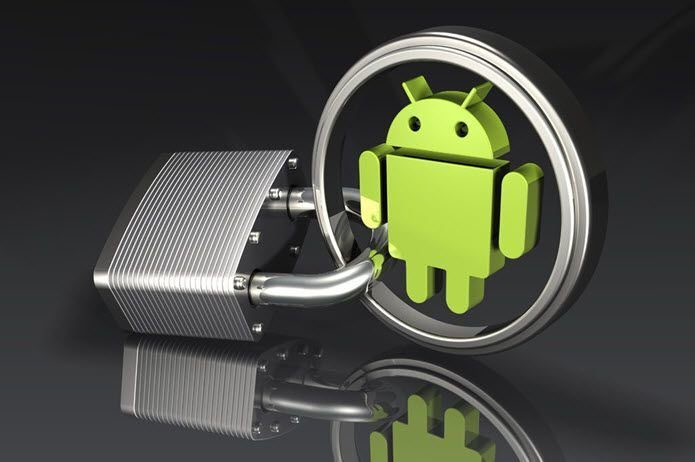Near Field Communication, comes built into many new devices these days. These devices can be cameras, your smart TVs , but going with the current trend, you are most likely to find this technology in your Android phones. Most of the high end Android smartphones come as NFC-enabled and the phone manufacturers emphasize on it as one of the distinct features while marketing it. But the truth is, not many users are aware of the technology and how they could use it in their everyday life. So today we will explain everything there is to know about NFC in smartphones in plain English. We’ll also highlight some of the uses users can put it to in their daily lives.
NFC in a Nutshell
NFC aka Near Field Communication is a way for two devices to communicate with each other (like Bluetooth) when kept in close contact. A very weak radio communication takes place between the two devices when they come in contact with each other and it facilitates a small amount of data exchange. NFC communication works on RFID (Radio-frequency identification) system and allows bi-directional communication between devices. When two devices are brought into contact with each other at a very close range (read a few centimeters), they can communicate with each other and unlike wireless and Bluetooth where you require some kind of authentication, no password is required for creating an NFC connection. NFC can only be used to transmit a small amount of data. People have a common misconception that it can be used to transfer photos or videos between two devices. Yes, there’s this thing called the Android beam technology and that’s used to send and receive photos, videos and links using the NFC technology, but it’s only a way to connect the two devices. The actual data transfer between the two devices is done using the Bluetooth network. NFC just activates the Bluetooth and automatically pairs the devices for the transfer session and once the transfer is complete it deactivates it.
Uses of NFC in Smartphones
So that was about NFC. But can NFC help us, the device owners, in any way? Well, turns out it can. However, before having a look at some of NFC’s practical applications, let’s see how you can figure out if your device is NFC capable. Open you Android settings and tap on the More… option under the connectivity settings. Here activate the option NFC and Android beam to activate NFC. If you don’t see the option, I am afraid your device is not NFC activated. We have already seen one of the major uses of NFC and that’s to beam data from one Android device to another. Let’s have a look at some additional applications. As NFC can be used to transmit a small piece of information between two NFC-enabled devices (one of them not necessarily being a phone) there are lots of uses it can be put to.
The NFC tags can be programmed to carry out actions on the phone automatically. Just by waving the phone over a sticker you can automate certain tasks on your Android.NFC can be used in home, offices and other public places to give out Wi-Fi connectivity information directly to the mobile device.Just like contactless payment cards, NFC-capable devices can be used to make instant payments.Brand promotions and product marketing can be done using the NFC stickers, just like they are done using the QR code right now.
Conclusion
So that was the very basics of NFC and how it can be used on NFC-enabled Android devices. It’s a pretty smart technology for sure, but in its early stages of adoption. As its use and adoption increases, we’re likely to come across more ways to realize its full potential. Image Credits: tupalo.com, Android.com The above article may contain affiliate links which help support Guiding Tech. However, it does not affect our editorial integrity. The content remains unbiased and authentic.











